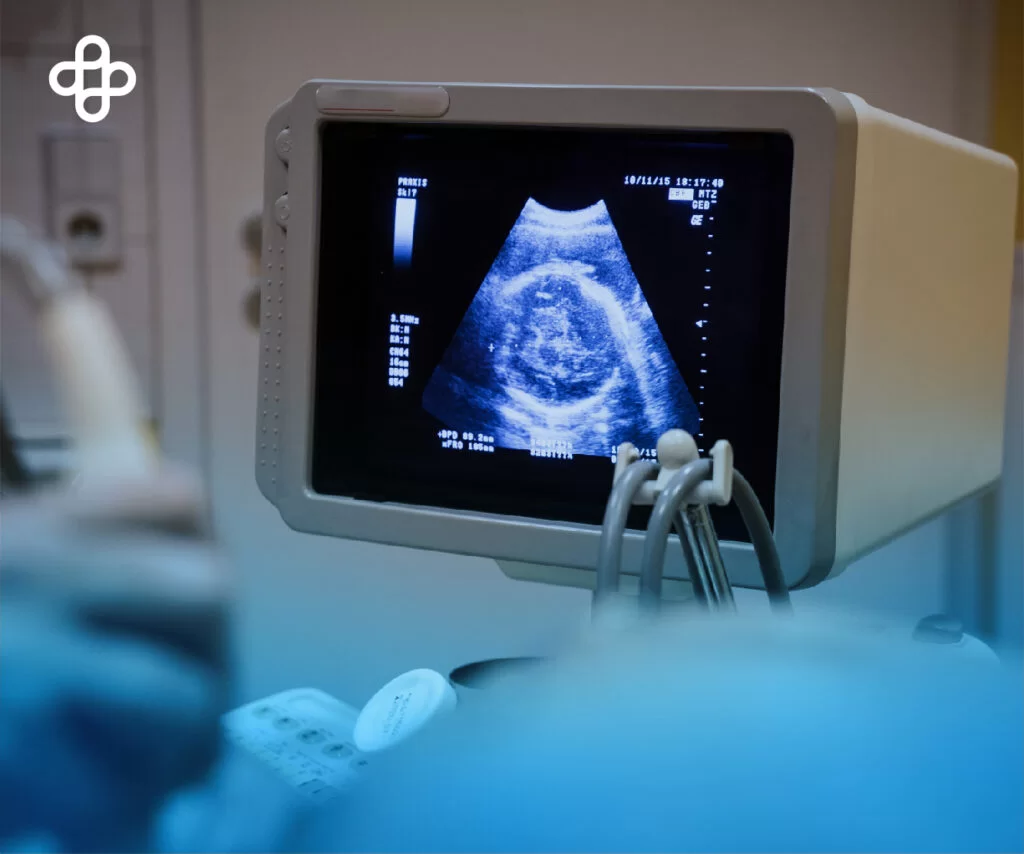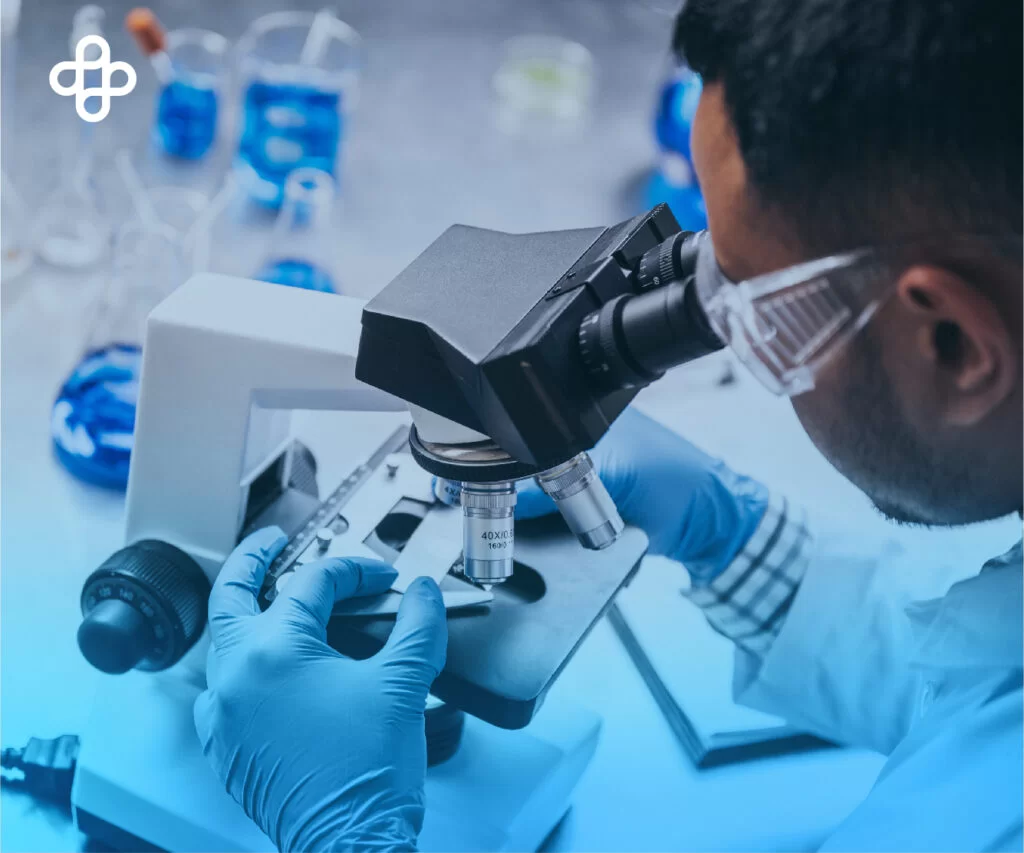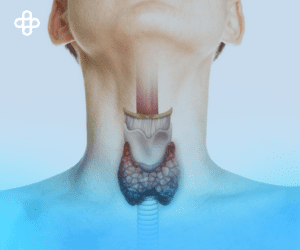Fetal stem cells are present in most fetal tissues and drive the rapid growth and development of organs. Similar to adult stem cells, fetal stem cells are generally tissue-specific and generate the types of mature cells found within the tissue or organ where they reside.
Scientists culture embryonic stem cells from cells found in an embryo just a few days old. In humans, mice, and other mammals, the embryo at this stage consists of a ball of approximately 100 cells known as a blastocyst. The blastocyst consists of two parts:
- An outer layer of cells (trophectoderm): This forms the placenta that contains the embryo as it grows in the uterus.
- An inner cell mass: This undifferentiated and unspecialized group of 10-20 cells will multiply and differentiate extensively to form the many types of cells needed to create an entire animal. These inner cell mass cells are pluripotent, meaning they can differentiate into any cell type in the body.
Stem cell research holds the promise of replacing cells damaged by disease with healthy new cells, potentially leading to treatments for conditions that currently have no cure
International Society for Stem Cell Research (ISSCR)
Fetal Stem Cells: An Ethical Dilemma
Embryonic stem cells offer the hope of new therapies, but their use has been highly controversial. Different countries have chosen to regulate embryonic stem cell research in various ways. The mention of embryonic stem cells in the public domain remains divisive. What exactly are the ethical arguments, and why are they so difficult to resolve?
Embryonic stem cell research poses a moral dilemma, forcing us to choose between two moral principles:
- The duty to prevent or alleviate suffering.
- The duty to respect the value of human life.
In the case of embryonic stem cell research, it is impossible to respect both principles. Scientists must destroy the early embryo to obtain embryonic stem cells. This means destroying a potential human life. However, embryonic stem cell research could lead to the discovery of new medical treatments that alleviate the suffering of many people. So, which moral principle should be more important in this situation? The answer depends on how we view the embryo. Does it have the status of a person?

What Aspects Are Debated?
Embryonic stem cell research (ESC) is at the center of an intense debate with conflicting opinions. Advocates on both sides seek to protect human life: why, then, are their views so different? The problem lies in how the human blastocyst is conceptualized.
Scientists mainly generate ESCs from cells of the human blastocyst, one of the earliest stages of human life. The blastocyst, consisting of about 100 cells, evolves from the fertilized egg and can only survive for a brief period if not implanted in the uterus. Typically, blastocysts used in research are collected, isolated, and cultured in laboratories or fertility clinics.
What Motivates Differing Opinions?
Some believe that destroying a blastocyst to use its cells is equivalent to destroying a fetus. Others argue that a blastocyst is not equivalent to a fetus because a blastocyst that does not implant in the uterus would not have the possibility to thrive anyway. Every year, fertility clinics create excess blastocysts, which are eventually destroyed. Proponents of ESC research generally believe that using cells from these surplus blastocysts for research and developing medical treatments that save or improve human lives is clearly preferable to discarding them.
Where is the Common Ground?
This is the crux of the debate. Discussions and exchanges about the moral and ethical aspects of ESCs help define standards to regulate scientific research and the development of treatments based on stem cells. It is important to note that, although they have very defined opinions on what is “best” for society, supporters of both positions aim to protect human life. Understanding this point can help foster mutual respect and a commitment to finding common ground.




